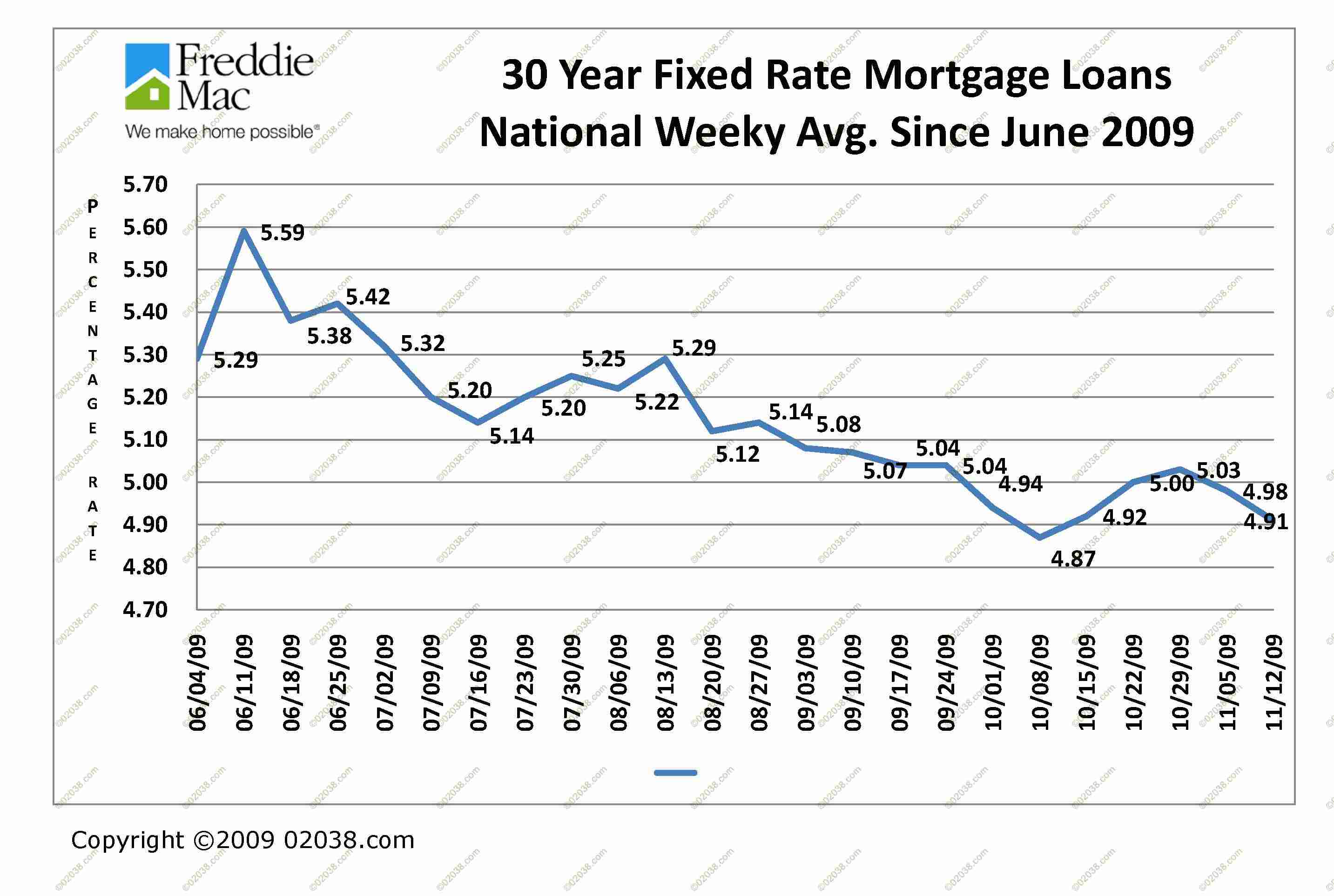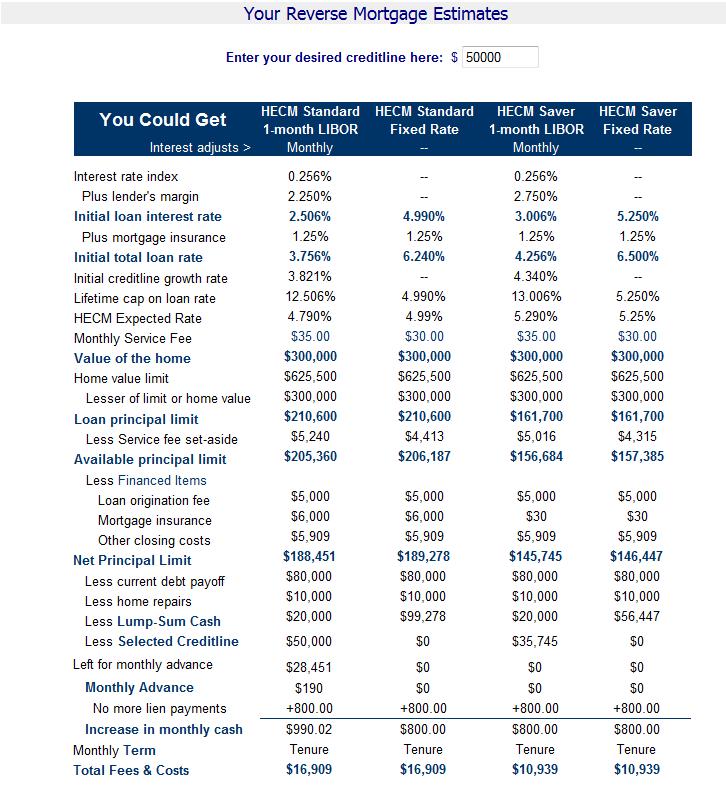Like other types of home loans, there are various types of reverse mortgages. While they all essentially work the same way, there are three primary ones to learn about: The most typical reverse home loan is the Home Equity Conversion Home Mortgage (HECM). HECMs were produced in 1988 to help older Americans make ends meet by allowing them to tap into the equity of their houses without having to move out.
Some folks will use it to pay for costs, getaways, home remodellings or perhaps to settle the remaining amount on their routine mortgagewhich is nuts! And the effects can be substantial. HECM loans are kept on a tight leash by the Federal Housing Administration (FHA. how do construction mortgages work.) They do not want you to default on your home mortgage, so due to the fact that of that, you won't receive a reverse mortgage if your home deserves more than a specific amount.1 And if you do qualify for an HECM, you'll pay a large home loan insurance premium that safeguards the lender (not you) against any losses.
They're provided from privately owned or run business. And since they're not regulated or insured by the federal government, they can draw property owners in with pledges of higher loan amountsbut with the catch of much higher rate of interest than those federally guaranteed reverse home mortgages (how do arms work for mortgages). They'll even provide reverse mortgages that allow homeowners to obtain more of their equity or include homes that exceed the federal optimum quantity.
A single-purpose reverse home mortgage is used by government companies at the state and local level, and by nonprofit groups too. It's a kind of reverse mortgage that puts guidelines and restrictions on how you can use the cash from the loan. (So you can't invest it on an elegant getaway!) Normally, single-purpose reverse home mortgages can only be utilized to make real estate tax payments or spend for house repair work.
The important things to bear in mind is that the loan provider has to authorize how the cash will be utilized before the loan is provided the OKAY. These loans aren't federally insured either, so loan providers don't have to charge home loan insurance coverage premiums. However considering that the cash from a single-purpose reverse mortgage has actually to be used in a specific method, they're normally much smaller in their amount than HECM loans or proprietary reverse mortgages.
Own a paid-off (or a minimum of substantially paid-down) house. how do cash back mortgages work in canada. Have this home as your primary home. Owe no federal financial obligations. Have the money flow to continue paying real estate tax, HOA charges, insurance, maintenance and other house expenditures. And it's not just you that has to qualifyyour home also needs to meet certain requirements.
The smart Trick of How Do Mortgages Work When Building A Home That Nobody Article source is Discussing

The HECM program likewise permits reverse mortgages on condominiums authorized by the Department of Housing and Urban Development. Prior to you go and sign the documents on a reverse home loan, take a look at these 4 significant disadvantages: You may be believing about taking out a reverse mortgage because you feel great loaning versus your house.
Let's break it down like this: Think of Great site having $100 in the bank, but when you go to withdraw that $100 in cash, the bank only provides you $60and they charge you interest on that $60 from the $40 they keep. If you would not take that "offer" from the bank, why on earth would you desire to do it with your home you've invested decades paying a home mortgage on? However that's precisely what a reverse home mortgage does.
Why? Due to the fact that there are costs to pay, which leads us to our next point. Reverse mortgages are filled with additional expenses. And many debtors opt to pay these charges with the loan they're about to getinstead of paying them out of pocket. The thing is, this expenses you more in the long run! Lenders can charge up to 2% of a house's value in an paid up front.

5% home mortgage insurance coverage premium. So on a $200,000 house, that's a $1,000 yearly cost after you've paid $4,000 upfront of course!$14 on a reverse home mortgage are like those for a regular home loan and include things like house appraisals, credit checks and processing charges. So before you understand it, you have actually drawn out thousands from your reverse mortgage before you even see the very first penny! And since a reverse home mortgage is only letting you take advantage of a percentage the worth of your house anyhow, what takes place as soon as you reach that limitation? The money stops.
So the amount of money you owe increases every year, on a monthly basis and every day up until the loan is paid off. The advertisers promoting reverse mortgages like to spin the old line: "You will never owe more than your house is worth!" But that's not precisely real because of those high rates of interest.
Let's state you live till you're 87. When you die, your estate owes $338,635 on your $200,000 house. So rather of having a paid-for house to pass on to your liked ones after you're gone, they'll be stuck with a $238,635 bill. Chances are they'll need to offer the house in order to settle the loan's balance with the bank if they can't pay for to pay it.
Not known Facts About How Does Securitization Of Mortgages Work
If you're investing more than 25% of your earnings on taxes, HOA charges, and household bills, that suggests you're home bad. Connect to one of our Endorsed Local Service Providers and they'll help you browse your alternatives. If a reverse mortgage lender tells you, "You will not lose your home," they're not being straight with you.
Consider the reasons you were considering getting a reverse home loan in the first place: Your budget plan is too tight, you can't manage your everyday costs, and you do not have anywhere else to turn for some extra cash. All of an unexpected, you have actually drawn that last reverse home mortgage payment, and after that the next tax bill occurs.
If you don't pay your taxes or your other expenses, the length of time will it be prior to somebody comes knocking with a home seizure notification to take away the most important thing you own? Not really long at all. Which's perhaps the single biggest reason you should prevent these predatory monetary items.
The track record of reverse mortgages has actually had its ups and downs considering that they were first piloted by the Reagan administration. A financial tool that permits older individuals to tap home equity and age in location, reverse home loans can maximize money in retirement and, in some cases, eliminate a regular monthly home loan payment.
Customers who took out reverse mortgages before protections were enacted are more susceptible to getting in problem, while issues with inflated appraisals and confusing marketing still plague newer home mortgages." Eventually, it's another financial tool that's neither good or bad. It just depends on how you utilize it," stated Joshua Nelson, a licensed financial planner at Keystone Financial.
Without a strategy, it can be damaging." Here's what you should know. Possibly the very best method to comprehend a reverse home mortgage is to compare it to a routine home loan. Both are loans backed by your house that should be repaid to the lending institution. However with a regular home loan, you're provided funds in advance to purchase a http://zanderzbdp122.trexgame.net/the-smart-trick-of-how-many-home-mortgages-has-the-fha-made-that-nobody-is-talking-about home and you must start paying back those obtained funds right away each month for a set number of years.